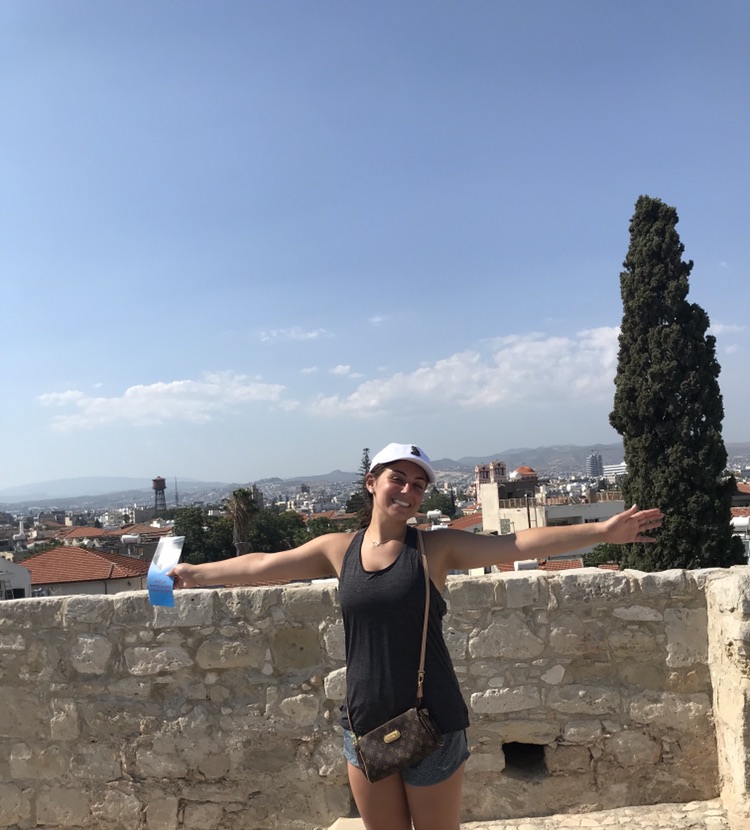“A mind that is stretched by a new experience can never go back to its old dimensions.” -Oliver Wendell Holmes
Last May, we finished up finals, closed the textbooks, and said goodbye to our friends as we got ready for the summer. Fast forward three months, and WE’RE BACK! And we’re better — not only for all the experience that we’ve gained through the amazing internships we had but also for the exciting travels that we embarked on.
This summer, QUEST students reached every side of the globe. Some internships sent our students to major U.S. cities like San Francisco, Seattle, Chicago, and New York while other internships meant working abroad in countries including Japan and Israel.
But like I said, it wasn’t just the internships that led everyone to get away from home for the summer – it was also the trips that everyone took.

Adam Sarsony (Cohort 29) went to South Africa to visit his sister who was studying abroad in Port Elizabeth. His favorite experience throughout the trip was visiting a penguin rescue where “they had 80 penguins that would hop around rocks and fall on each other.” While at the rescue, Adam adopted a baby penguin named Pablo. If anyone heads out to South Africa, Adam definitely recommends “Sundowners” where, essentially, you buy snacks known as sundowners and head to the dunes to watch the sunset.

Arianna Minas (Cohort 31) took a trip to Greece and Cyprus to hang out with family. Arianna got to explore Greece, a well-developed tourist destination and then juxtapose it with her time in Cyprus. Although Cyprus is also beautiful, it is not as well-known, meaning fewer tourist activities and a lesser-known culture and history. Arianna loved it but also simultaneously had tons of ideas on how Cyprus could work to improve the quality of life of locals and to better receive tourists.

Tuvia Rappaport and Zarek Peris (Cohort 29) got to meet up while both were visiting Hawaii! Tuvia, like Adam, went to visit his sister who is stationed in Hawaii for the Navy. Tuvia said, “She lives in this cute town called Kailua and it turned out that Zarek was staying in the next town over like 10 minutes away.” Naturally, Tuvia’s favorite experience on the trip was actually getting to meet up with Zarek. Tuvia did tons of things including beautiful hikes, visiting a Buddha statue, and one of his favorite activities, scuba diving at Koko crater with sea turtles all around him. For anyone headed to Hawaii, Tuvia insists on eating chocolate haupia pie.

Alex Leipold (Cohort 31) has been in Germany since the start of the summer for his internship and is now there for study abroad. Alex worked in Munich for Secure System with whom his favorite experience was getting to be at the biggest shipping expo/conference in the world. Outside of work, Alex took weekend trips to reunite with his extended family. One of the best places that Alex recommends visiting in Munich is the English Garden, a park three times the size of Central Park that is full of people all summer long.
QUEST students love to explore in their every day and that is exactly what they did on these trips. While on these adventures, the students relaxed on beaches, delved into new cultures, and saw beautiful things. A common recommendation across all the travelers’ stories was to make it a point to travel and to go on these trips with an open mind ready to learn! So here’s to planning the next experience, whether or not it involves penguin adoptions or tasty pies!
























